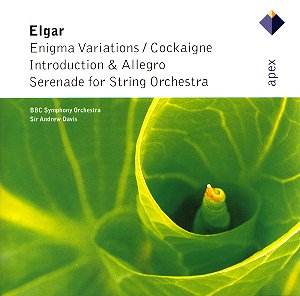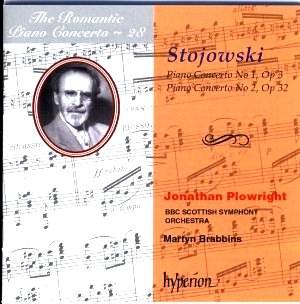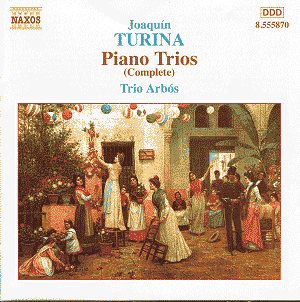 Composer: Edward Elgar
Composer: Edward Elgar
Works: Cockaigne Overture, Op. 40; Introduction and Allegro, Op. 47; Enigma Variations, Op. 36
Performers: BBC Symphony Orchestra; Sir Andrew Davis, conductor
Recording: 1991, previously available on Teldec
Label: Teldec APEX 09274 13712
Edward Elgar, a pivotal figure in the British classical tradition, often infused his works with a profound sense of national identity and emotional depth. The three orchestral masterpieces represented in this reissue—Cockaigne Overture, Introduction and Allegro, and Enigma Variations—span a crucial period in his compositional development. Each piece showcases not only Elgar’s evolving style but also his distinctive voice within the late Romantic idiom, characterized by lush orchestration and intricate thematic development. This recording by the BBC Symphony Orchestra under Sir Andrew Davis provides an opportunity to revisit these works with fresh ears, even as it revisits performances from over three decades ago.
The Cockaigne Overture, often regarded as a celebratory homage to London life, is executed with an exuberance that captures its spirited essence. Sir Andrew Davis deftly navigates the score’s contrasting sections, allowing the orchestra to realize the vibrant textures and dynamic contrasts integral to Elgar’s vision. The BBC Symphony Orchestra’s strings shine with warmth, while the brass and woodwinds contribute brightly to the overall tapestry. The sound engineering captures the orchestral balance beautifully, where the climactic moments resonate powerfully without overwhelming the other instrumental voices. Davis’s interpretation prioritizes clarity, ensuring that even the rhythmic intricacies are articulated crisply—an essential aspect of Elgar’s rhythmic language, which often dances between buoyancy and solemnity.
Moving to the Introduction and Allegro, Davis approaches this work with an interpretative sensitivity that highlights its lyrical fervor while also respecting the formal architecture. While Barbirolli’s legendary interpretation may still hold a revered position, Davis offers a compelling view of this piece. The phrasing of the main theme is particularly noteworthy; the strings deliver it with both tenderness and vigor, emphasizing the duality of Elgar’s emotional landscape. The interplay between the solo strings and the full orchestra is carefully balanced, allowing for a nuanced dialogue that reveals the work’s inherent drama. The engineering captures the rich sonority of the strings, though some climactic moments might benefit from additional depth.
The Enigma Variations, undoubtedly the crown jewel of this compilation, demonstrates Davis’s ability to infuse freshness into a well-trodden score. Each variation is distinctively characterized; for instance, the revered “Nimrod” emerges with an eloquence that is both dignified and deeply moving. The pacing and dynamic shadings are judiciously judged, allowing the solemnity of the theme to resonate fully. However, there are moments during the climaxes where one might wish for a more robust orchestral body to convey the full weight of the composer’s intentions. Nonetheless, the overall momentum leading to the finale retains a compelling drive, showcasing the orchestra’s cohesion under Davis’s direction.
This recording, while perhaps not supplanting the definitive performances etched in the canon, stands as a testament to the enduring appeal of Elgar’s music. The interpretative choices made by Davis, combined with the BBC Symphony Orchestra’s adeptness, create a performance that is both engaging and insightful. The sound quality, warm and atmospheric, complements the emotional landscape of Elgar’s works, ensuring that the listener remains drawn into the narrative woven throughout the orchestral textures. For those seeking an accessible yet artistically satisfying rendition of these cherished works, this release offers a valuable addition to the discography of Elgar’s orchestral masterpieces.



